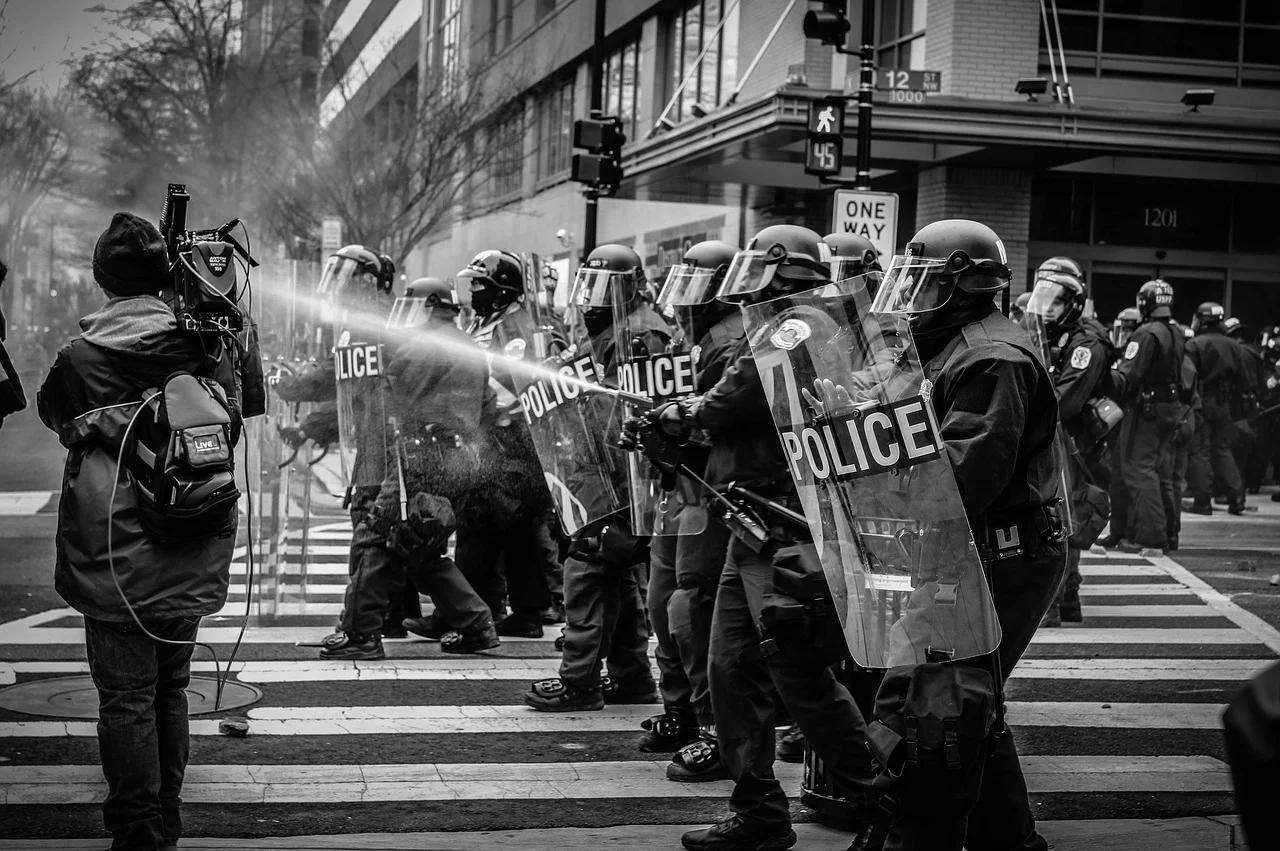Technology
Keeping Your Sources Safe: A Cybersecurity Guide For Journalists
Being a journalist is more than writing an article and calling it a day. Journalists spend weeks, even months researching, planning, and writing. Amongst all this, they must take great care in practicing proper cybersecurity etiquette so they don’t put themselves, their clients, or their sources in danger.
If you’re a budding journalist, you may be wondering how you can practice good cybersecurity. First, you need to understand the threats that affect modern-day journalists.
Cybersecurity Risks for Journalists
The first risk you need to watch out for is the lack of privacy. Privacy is an important aspect for everyone to watch out for, but journalists thrive on it; they need privacy, else their sources may be leaked.
Secondly, many journalists prefer writing under a pseudonym, a false name given in order to protect the writer’s identity. There are many reasons as to why a journalist would use one, such as wanting to avoid online harassment.
According to Google’s Threat Analysis Group, journalists have also become the main target of many governments. Certain governments use government-backed hackers as a way to harass or steal information from journalists.
Three Ways To Protect Yourself
Journalists face many risks—not just the three I mentioned. To go over each threat would require a pamphlet’s worth of writing. However, the ways for one to protect his or herself stays the same for any potential threat.
Fortunately, I’ve listed a few of them here for you to read and hopefully practice.
1. Use a VPN
Keeping your data locked is key to becoming a journalist. One way to do so is to use a VPN, short for “virtual private network”.
A VPN encrypts any data going to-and-from your device, meaning no one will be able to intercept it or steal it. VPNs are especially useful for any journalist who uses public networks/hotel networks/etc.
A secure VPN connection means the world to journalists, and it should for you too.
2. Practice Good Physical Security
There’s no telling what could happen to your devices on a trip, which is why I recommend for journalists to keep their devices by their side at all times. In other words, practice good physical security.
You know, the basics: never leave your devices unattended, keep devices in safe locations, lock your doors, and vice versa. These may sound like basic security actions, but you’d be surprised how many people don’t practice them.
3. Don’t Overshare on Social Media
Journalists are allowed to partake in social media. They’re allowed to post, comment, and like. However, they should not post, comment, and like as much as regular people. On the contrary, they should seldom do so.
The hoops journalists jump through to protect their privacy and identity goes flying out the window if they constantly post their face and opinions on Twitter or Instagram. Again, not saying they can’t have fun, but they need to be careful as to how far it goes.































